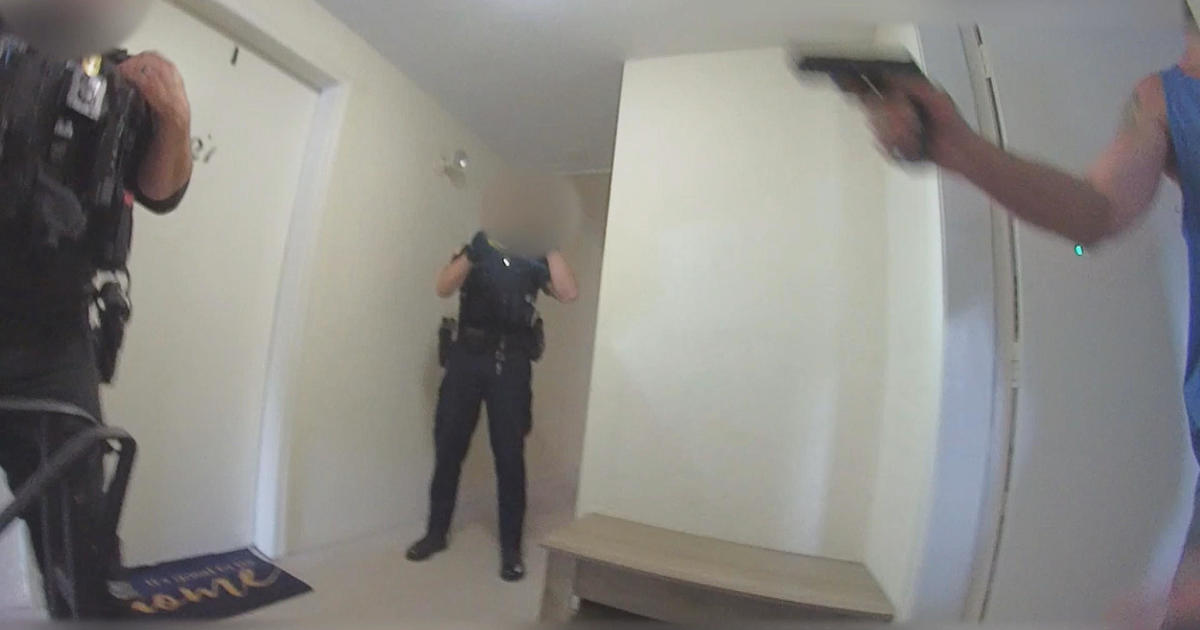Heroin: From Prescription To Addiction (Part 13)
BOSTON (CBS) - An addict's desperation can often lead to crime. WBZ's Mary Blake takes a look at the victims, in part 13 of her series, "Heroin: from Prescription to Addiction."
It was a little more than two years ago, but Cambridge pharmacist Karen Horbowicz says the terror of being robbed feels like yesterday. "He came in brandishing the gun, pointing it, the moment he came through the front door, and I just gave him what he wanted," Horbowicz recalls.
WBZ NewsRadio 1030's Mary Blake reports
Heroin: From Prescription To Addiction (Part 13)
The gunman wanted one thing: opioids. Just as addicts swear they will never be swept into the world of addiction, Horbowicz never envisioned her Inman Square pharmacy being held up. It rattled her for quite awhile and the gunman was never found. "It probably took me a good six or seven months, before I felt like I had put it behind me," she says.
Read More: Heroin From Prescription To Addiction
But she also has no intention of leaving her profession. She enjoys interacting with patients too much. Quincy rheumatologist Dr. Pat Hopkins also puts herself on that list. "Every day, I'm humbled by the complexity of the human body," she says. Dr. Hopkins treats patients with pain, legitimate pain, and she is underwhelmed by the perceived notion that all doctors are drug dealers. "While everybody is yelling about, there's so much pain medication out there, well, there's a reason. We keep people alive with cancer, with strokes, these people live with pain," she says.
Dr. Hopkins is concerned that doctors are now reluctant to write prescriptions out of fear and that patients are suffering as a result. She elaborates, "You have to look at the whole addiction picture. It's not doctors taking care of people in pain, and people in pain do not want to be thought of as criminals."
Dr. Hopkins is equally adamant that physicians are needlessly filling out paperwork to comply with the Massachusetts Prescription Monitoring Program, or PMP. "The pharmacies have that information and the insurance companies have it. Every prescription is paid for," she argues.
The Prescription Monitoring Program provides a patient's prescription history. Deborah Allwes is the state's PMP Director. "As far as the extra step, at this point, it is an extra step for them," she concedes. She adds, "But 72 percent of the providers who use the PMP, in a survey, had said that they found it very helpful."
MORE LOCAL NEWS FROM CBS BOSTON



